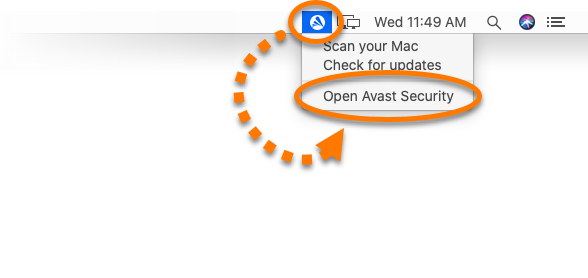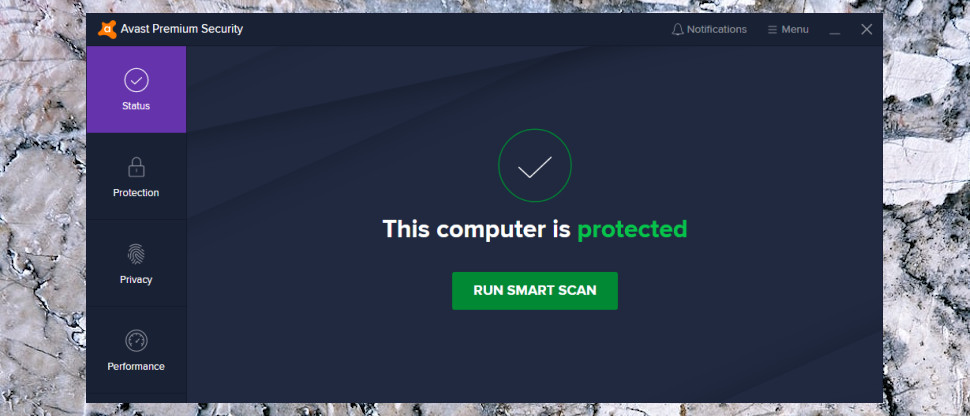

To understand if your antivirus or firewall block access to a site, try to pause them for a while. If you have an antivirus or a firewall (it is often built into the antivirus as a module) installed on your computer, they may block access to these websites. You can view the list of enabled Chrome extensions in Settings -> More Tools -> Extensions or go to chrome://extensions/. We recommend to disable (delete) third-party browser extensions, especially anonymizers, proxies, VPNs, antivirus extensions, and other similar add-ons that can interfere with traffic to the target website.

Clear Browser Cache, Cookies and SSL Cacheīrowser cache and cookies often cause an SSL certificate issues. Also check if you can open problem website in other browsers: IE/Edge or Mozilla Firefox.

Try to open from other devices (smartphone, tablet, home/work PC, etc.). I would like to note that despite Google Chrome, Opera and Chromium-based browsers are released by different companies, but they are using the same Chrome engine, and the problem of opening HTTPS sites is solved in the same way for all of them.įirst of all, make sure that it is not the problem of the HTTPS website itself. Clear Browser Cache, Cookies and SSL Cache.


 0 kommentar(er)
0 kommentar(er)
